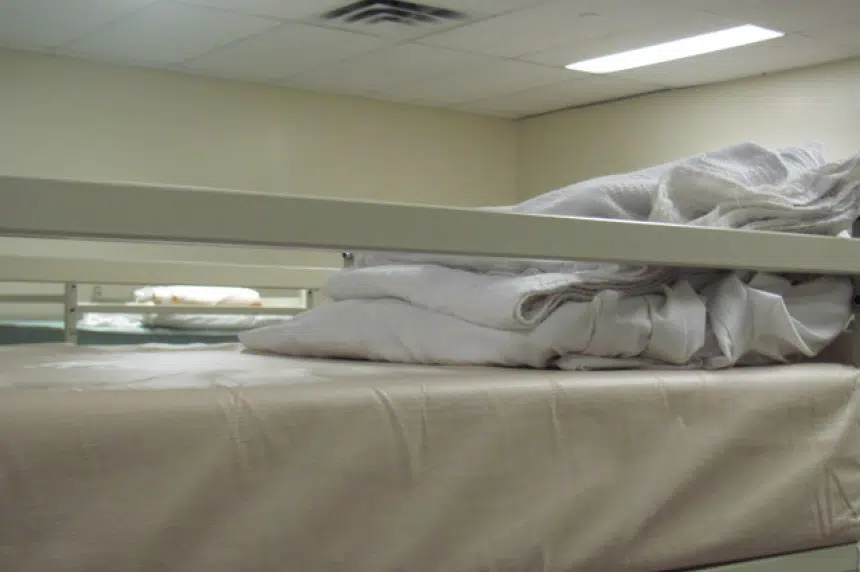The Salvation Army’s homeless shelters in Regina and Saskatoon experienced different scenarios when it came to seeing how many people needed a warm place to stay Tuesday night.
In Regina, Maj. Karen Hoeft said the shelter was surprisingly quiet compared to other nights already this winter.
“(On Tuesday) night we had a few empty spaces in our emergency shelter beds,” she said. “We had some people come stopping in to warm up in the building overnight.”
She said it’s pretty rare the shelter would have open beds available on such a cold night.
“We were surprised (Wednesday) morning and found out that all the beds weren’t filled (Tuesday) night,” she said. “I think sometimes when other options open up, people check out new things that are going on or they find a place to stay where they don’t do much movement.”
She added earlier in the year, the shelter has had nights where it has had to turn people away.
As Hoeft mentioned, there are other options available. One of those options that people could’ve taken advantage of was the Warming Place, which replaced the warming bus run by the City of Regina after the centre was provided with extra funding from the federal government.
She says everyone on all levels is working with each other to make sure people can stay warm.
“We continue to work to keep people safe. We’ve been doing this for a few months already to make sure people have adequate spaces to stay,” Hoeft explained.
On the other hand, the Saskatoon shelter saw heavy volume Tuesday night.
But Maj. Gordon Taylor with the Crossroads Salvation Army said everyone was able to work together to make sure people could stay warm.
“We were full (Tuesday) night and in addition to filling the beds in our building, our after-hours staff looks after all emergency calls for the city and they were quite busy with that as well,” Taylor said.
Because the Salvation Army responds to emergencies, Taylor noted it was able to get those in need placed in other shelters or even hotels.
He says he’s proud of how his organization was able to work with the city to get as many people as possible out of the cold.
“Everyone is keeping up to date with each other and it’s really that co-operation that the city is helping to oversee is really working well,” he explained. “It’s been a really good system that’s been put in place.”











